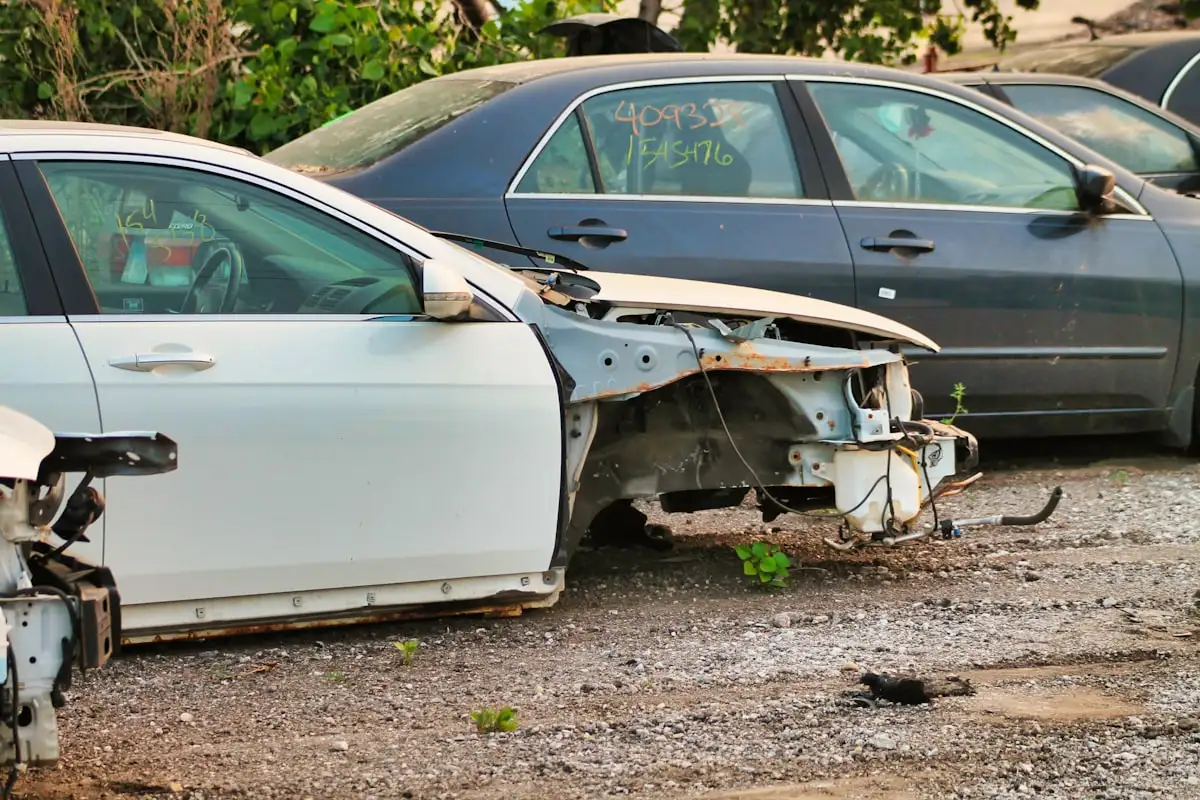Having your own car is exciting. It gives you freedom to go places. But owning a car also means you need car insurance. This insurance is super important. It helps protect you and your money if something bad happens with your car. Let’s look at how owning a car changes what you pay for insurance and what that insurance actually does for you.
Understanding Car Insurance: Why Every Car Owner Needs It
Think of car insurance like a safety net for your wallet. When you own a car, the law in most places says you must have some type of insurance. This rule keeps everyone safer. It makes sure that if you cause an accident, there’s money to help fix things. This is a big part of responsible car ownership. Without it, a small fender bender could cost you a lot of money out of your own pocket.
What Does Your Car Insurance Cover?
Car insurance isn’t just one thing. It’s a bunch of different parts, called “coverages.” Each part helps with a different kind of problem. Understanding these parts is key to knowing what your vehicle insurance policy actually covers.
- Liability Coverage: This is the most basic part. If you cause an accident, liability coverage pays for the damage to other people’s cars or their medical bills. It does not pay for your car or your injuries.
- Collision Coverage: This helps pay to fix your own car if you crash into another car or an object, like a tree. It helps even if the accident was your fault.
- Comprehensive Coverage: This is for things that are not crashes. Imagine a tree falls on your car, or someone steals it. Comprehensive coverage steps in to help pay for repairs or replacement. It also helps with damage from hail or fire.
- Personal Injury Protection (PIP): This helps pay for medical bills for you and your passengers if you get hurt in an accident. It doesn’t matter who caused the crash.
You choose which types of coverage you want. More coverage usually means a higher cost. But it also means more protection.
What Makes Your Car Insurance Costs Go Up or Down?
The price you pay for car insurance is called your “premium.” This premium changes a lot depending on many things. It’s not the same for everyone. Insurance companies look at different facts to decide your auto insurance rates.
How Your Car Affects Your Insurance Bill
The type of car you own is a big deal. Some cars are more expensive to insure than others.
- Newer vs. Older Cars: Newer cars often cost more to insure. They have fancy technology that is pricey to fix. Older cars might be cheaper, but if they’re very old, they might not have modern safety features.
- Expensive Cars: A luxury sports car will cost more to insure than a simple sedan. It costs more to repair or replace a very expensive car.
- Safety Features: Cars with good safety features, like airbags or anti-lock brakes, can sometimes get you a small discount. They are less likely to cause serious injuries.
- Theft Risk: Some car models are stolen more often than others. If your car is a common target for thieves, your insurance might cost more.
Your Driving Story and Where You Live
Insurance companies also look at who you are and where you drive your car. Your personal information plays a big role in your car insurance costs.
- Your Age and Experience: Young drivers usually pay more. They have less experience on the road and are seen as a higher risk. As you get older and gain experience, your rates might go down.
- Your Driving Record: If you’ve had tickets for speeding or caused accidents, your insurance will likely be more expensive. A clean driving record can help you save a lot.
- Where You Live: If you live in a big city, your rates might be higher. Cities often have more traffic, more accidents, and higher rates of car theft or vandalism. Living in a quiet town might mean lower rates.
- How Much You Drive: If you drive many miles every day, you have a higher chance of being in an accident. People who drive less often might pay less for insurance.
- Your Credit Score: In some states, your credit score can affect your insurance price. A good credit score can sometimes lead to lower rates.
Smart Ways to Save Money on Car Insurance
Don’t just take the first insurance quote you get. There are many ways to try and lower your payments for car insurance.
Finding the Best Deals for Your Auto Insurance
Being smart about your choices can really help your wallet.
- Shop Around: Get quotes from many different insurance companies. Prices can be very different from one company to another, even for the same coverage.
- Look for Discounts: Ask about discounts! Many companies offer discounts for things like:
- Being a good student
- Bundling home and auto insurance together
- Having anti-theft devices in your car
- Taking a defensive driving course
- Driving fewer miles
- Choose a Higher Deductible: A deductible is the money you pay out of pocket before your insurance starts to pay. If you choose a higher deductible (e.g., $1,000 instead of $500), your monthly premium will likely be lower. Just make sure you can afford that deductible if you need to use it.
- Review Your Coverage: As your car gets older, you might not need as much coverage. For example, if your car isn’t worth much, you might decide to drop collision or comprehensive coverage. This can save you money, but be careful not to leave yourself unprotected.
- Maintain a Good Driving Record: This is one of the best ways to keep your insurance costs low. Drive safely, follow the rules, and avoid accidents and tickets.
Owning a car is a big responsibility, and part of that is understanding your car insurance. It protects you financially and lets you enjoy the open road with less worry. By knowing what affects your costs and how to save, you can make smart choices for your car and your budget.










